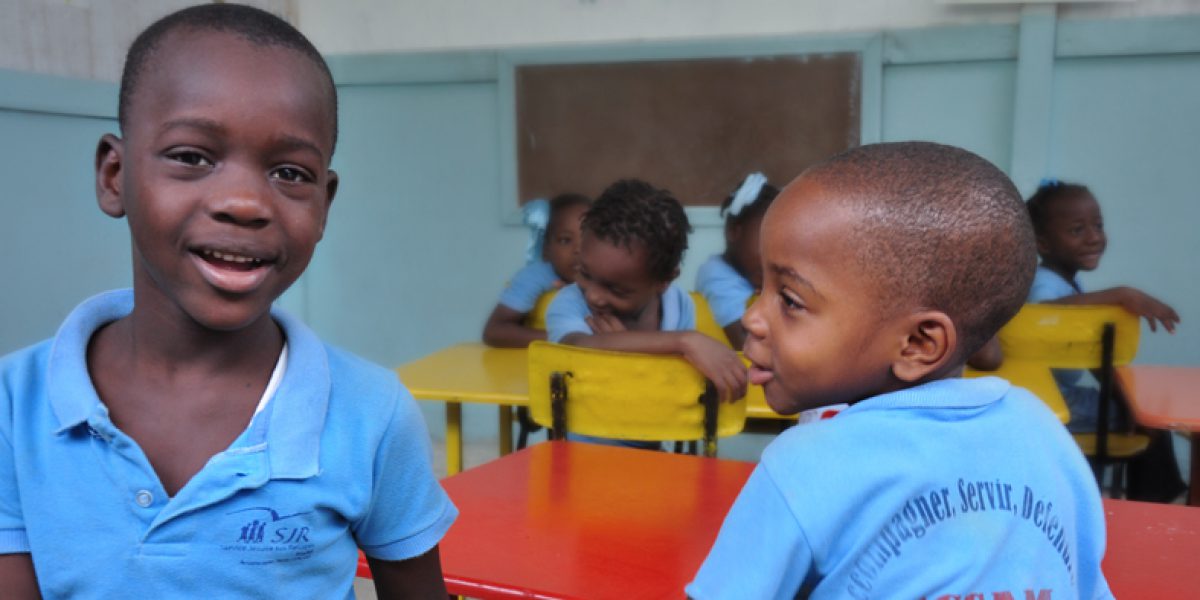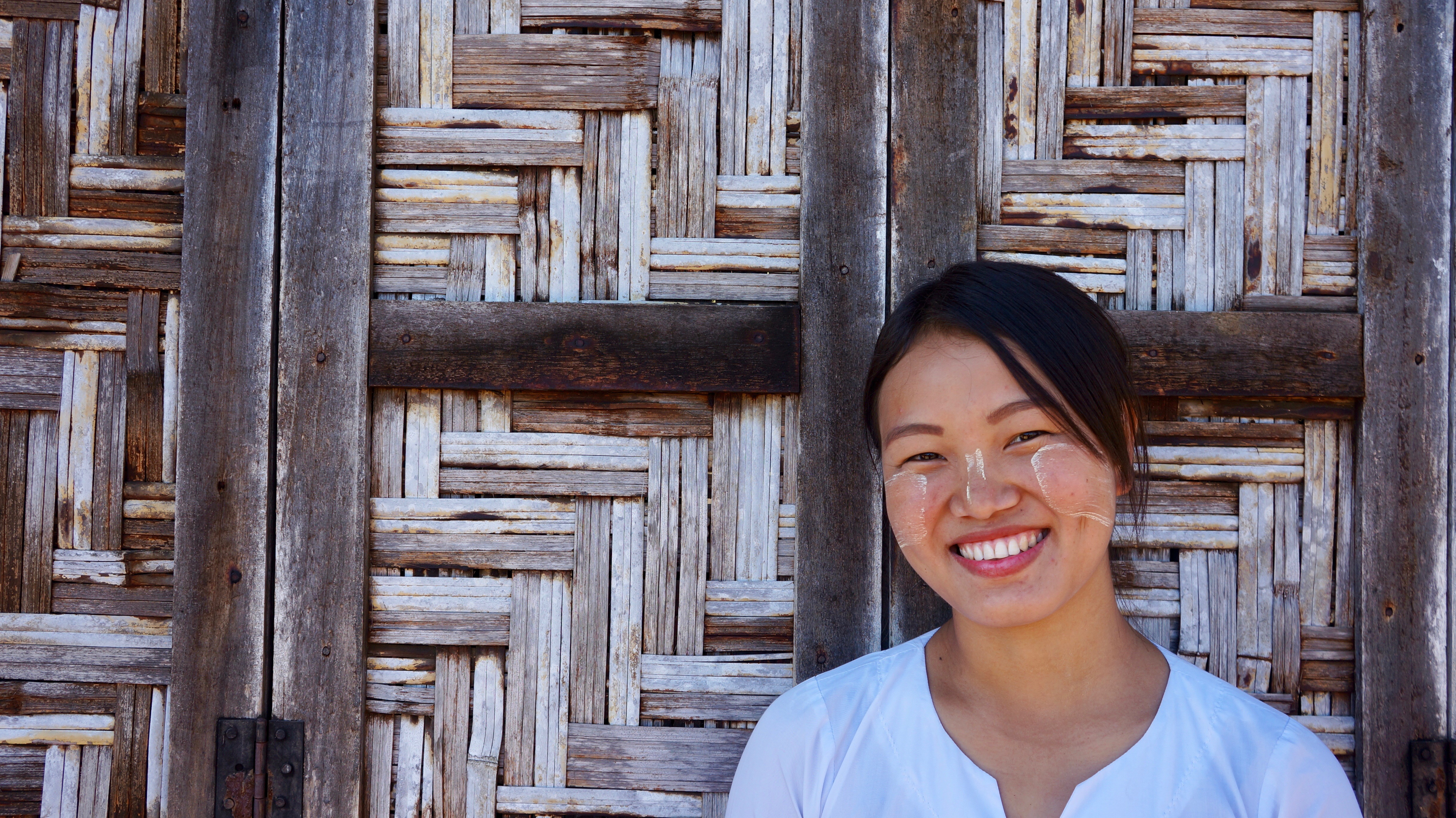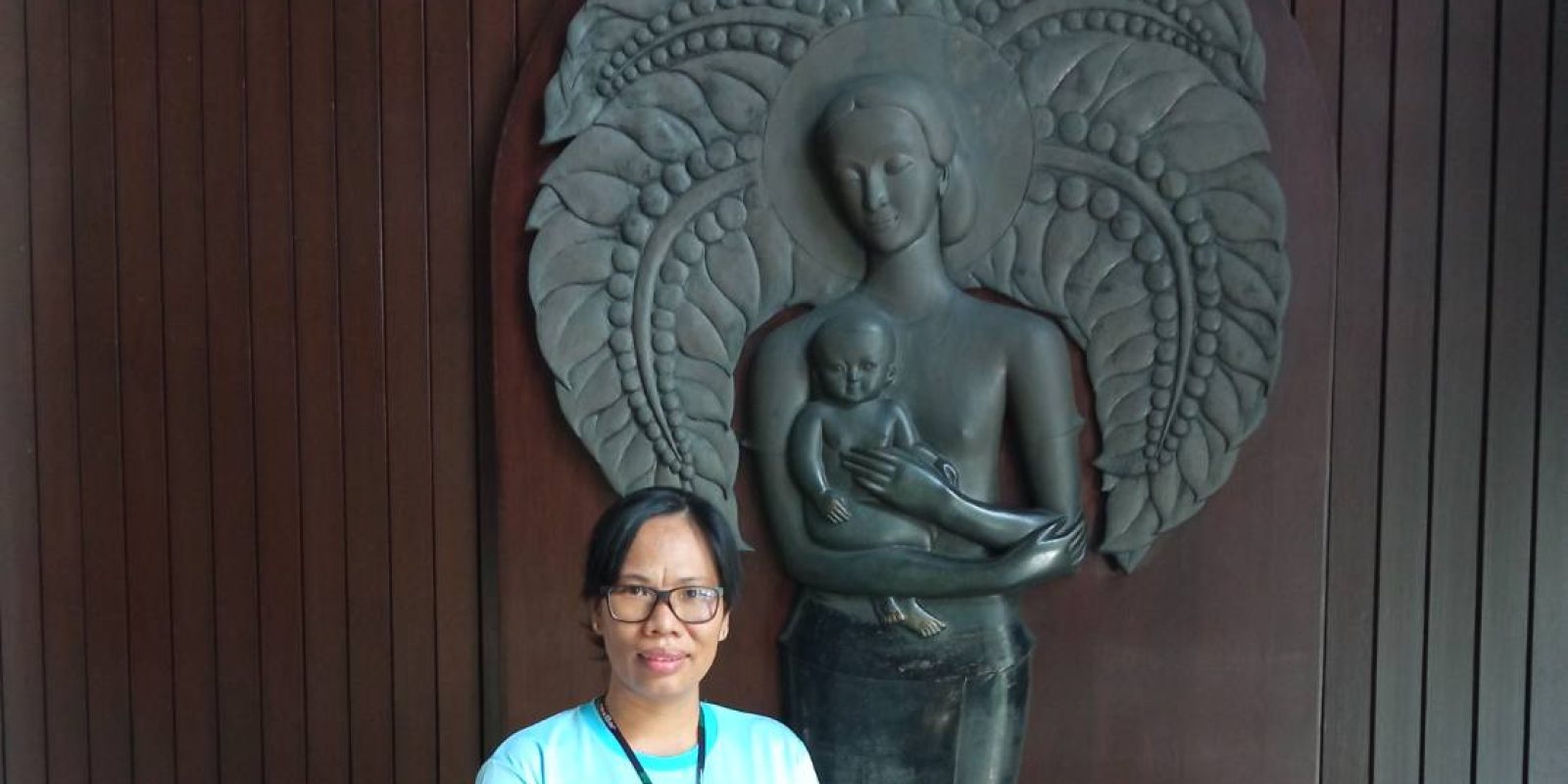Global: number of refugees benefiting from JRS services reaches new high
17 July 2012

Rome, 17 July 2012 – The number of forcibly displaced persons benefiting from Jesuit Refugee Service work grew by approximately 10 percent in 2011, according to the figures published in the organisation’s latest annual report. The latest increase brings the total number of beneficiaries to more than 700,000 for the first time in the 30-year history of JRS.
Data from the 2011 Annual Report confirms that education remains the cornerstone of JRS activities, with nearly 250,000 persons served in 29 countries, in diverse projects from pre-primary to tertiary education, vocational skills training, language and computer classes. Psychosocial activities come next, with more than 222,000 persons served in 40 countries. Statistics are also given for other project categories: pastoral, emergency, healthcare, advocacy/protection and livelihoods.
Responding to worsening conflicts and more frequent natural disasters, JRS opened projects, or new frontiers, in Africa and Asia. In 2011, JRS ran a modest project for asylum seekers stuck in Tunisia after they fled the unrest earlier in the year in Libya, where they had first sought refuge. New projects were launched for internally displaced persons (IDPs) in eastern Democratic Republic of Congo, a region plagued by chronic instability and conflict. JRS also started projects to assist persons displaced by floods and Typhoon Sendong in Asia Pacific and the famine in Eastern Africa.
Despite the increase in the number of new forcibly displaced persons, JRS teams began phasing down project in Burundi, Dominican Republic, Nepal, and South Sudan, among others.
Foci. The 2011 report highlights four themes: new frontiers, education, hospitality in action and accompaniment, offering JRS a chance to reflect on work thus far and set the course for the upcoming year.
JRS education projects take on many forms, and the report addresses education as protection, schooling in urban areas, higher education, skills training and best practices. Preferential access for girls is given special attention, as illustrated by stories from Afghanistan, Central African Republic, Chad and South Sudan.
The JRS decision to highlight its work on hospitality followed an appeal made by the Jesuit Superior General, Fr Adolfo Nicolás SJ on the organisation’s thirtieth anniversary in 2010: “How can we advocate and promote more actively the Gospel value of hospitality in today’s world of closed borders and increased hostility to strangers”?
Apart from making displaced people feel welcome, hospitality implies defending their right to protection, helping them to integrate in their host community, to live in dignity and not in destitution, and have enough to meet their family’s needs. Hospitality calls JRS staff to advocate for alternatives to detention, oppose xenophobia and all forms of exclusion, and work to create inclusive communities.
While adapting to meet the ever-changing needs of refugee and displaced populations, accompaniment is fundamental to this work and can take many forms. The annual report looks at accompaniment in detention, in refugee camps and in cities.



